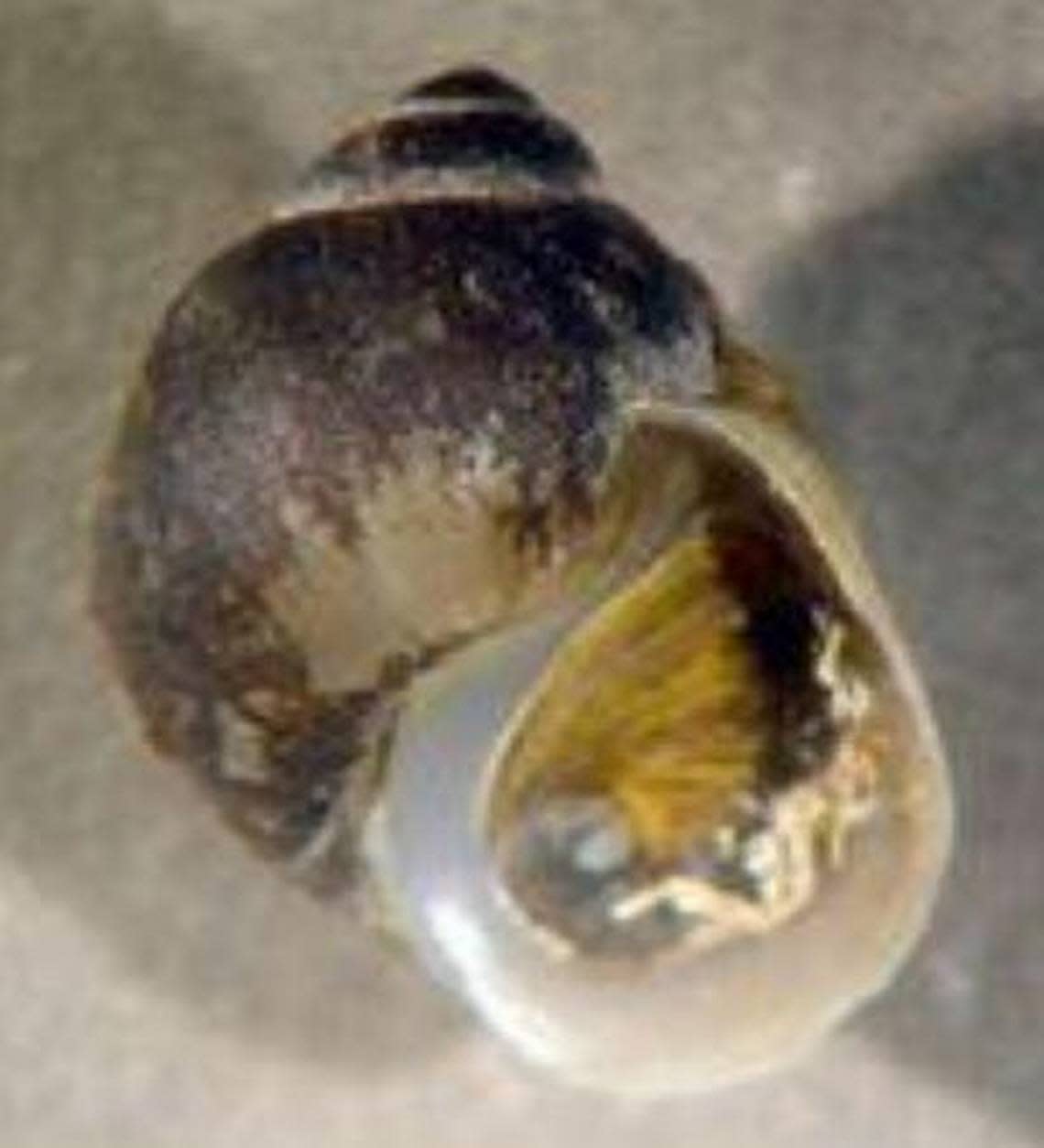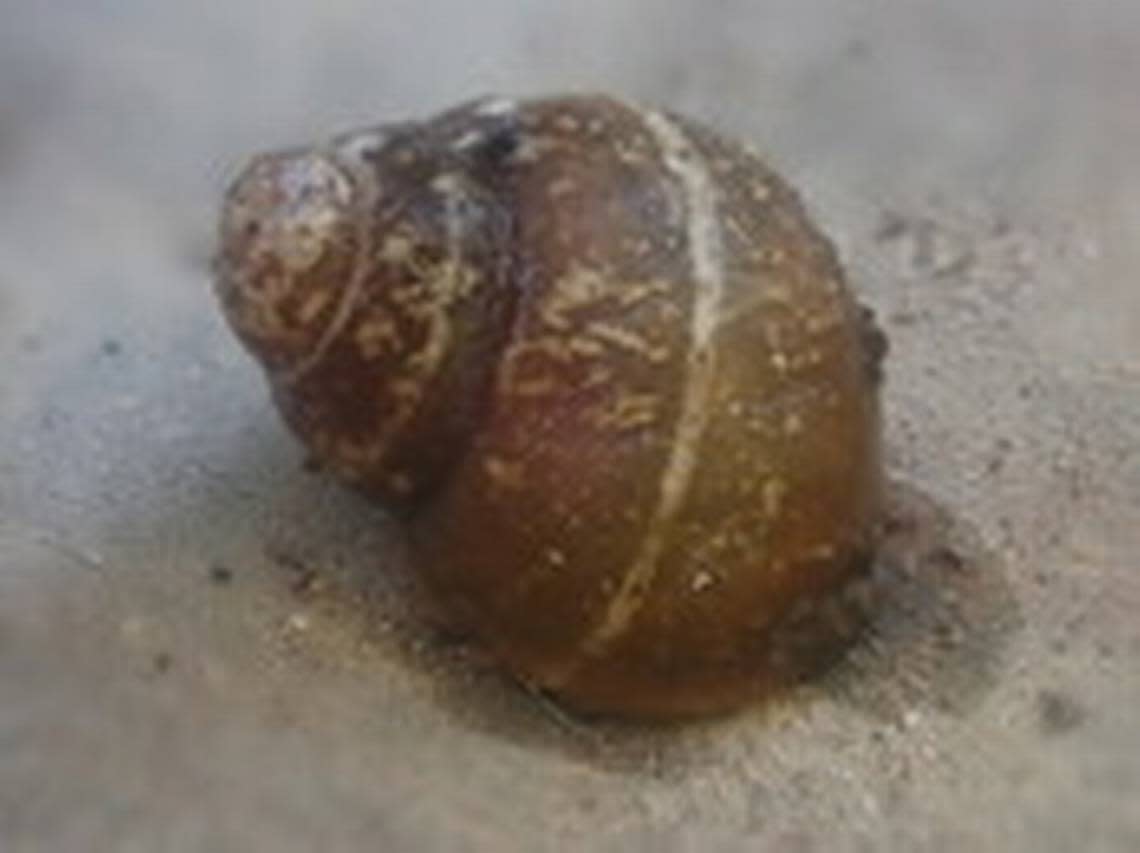2 tiny PNW river creatures were common near Tri-Cities. Do they need federal protection?
The federal government has been petitioned under the Endangered Species Act to save two tiny and little-known snails that were once common near the Tri-Cities.
Just like salmon and steelhead, the ashy pebblesnail and shortface lanx have been harmed by warming river water and declining water quality in the Columbia Basin, says the Center for Biological Diversity.
Their populations have been lost from large portions of their historic range throughout the Columbia Basin due to the construction of dams and reservoirs, as well as pollution and habitat destruction, including by agriculture and urbanization, it said.
Protection of the snails goes hand in hand with the quality of life, including the survival of salmon and steelhead, in the Columbia Basin, it said.
“These little snails speak volumes about how poorly we’ve treated our Pacific Northwest rivers, which desperately need stronger protections,” said Noah Greenwald, endangered species director at the Center for Biological Diversity.
“They also play important roles in the web of life, helping to keep streams clean and providing food for our beloved salmon.”

Both of the snails thrive in clear, cold and well-oxygenated rivers and large streams, says the Washington state Department of Fish and Wildlife on its website.
The ashy pebblesnail, which has a spiral shell up to a half inch tall, lacks lungs and instead breathes through the mantle cavity, which requires highly oxygenated water. They may be tan or reddish and have pale circles around its tentacled eyes.
Shortface lanx has a low, flat conical-shaped shell that may be up to a half-inch long and is reddish or brown. They attach themselves to rocks on river bottoms.
Both scrape their food, such as microalgae, off rocks in flowing water.
The shortface lanx was abundant in the Hanford Reach of the Columbia River surveys found in the early 90s, but surveys in 2007 failed to find them.

Instead, the surveys found warm water aquatic snails had taken their place, according to the Center for Biological Diversity.
Before dams were built, the shortface lanx also were found at the mouth of the Snake River near Pasco.
The ashy pebblesnail was once in the lower Snake River, and some small populations remain in the Hanford Reach.
The Hanford Reach, the last inland, free-flowing stretch of the Columbia River, is downstream from Priest Rapids Dam and upstream from McNary Dam.
Washington state Department of Fish and Wildlife already classifies both snails as candidates for listing as threatened or endangered and calls them “species of greatest conservation need.”

The Center for Biological Diversity warns that snails that are already reduced to a fraction of their historic range are not likely to weather significant climate change, and other coldwater species, including salmon may also be threatened.
“If these snails are to survive in our rapidly warming world, we need to do much, much more to protect rivers,” Greenwald said.
The U.S. Fish and Wildlife Service is required by the Endangered Species Act to respond to the petition within a year. However, The Center for Biological Diversity says that federal agencies rarely meet that deadline.
